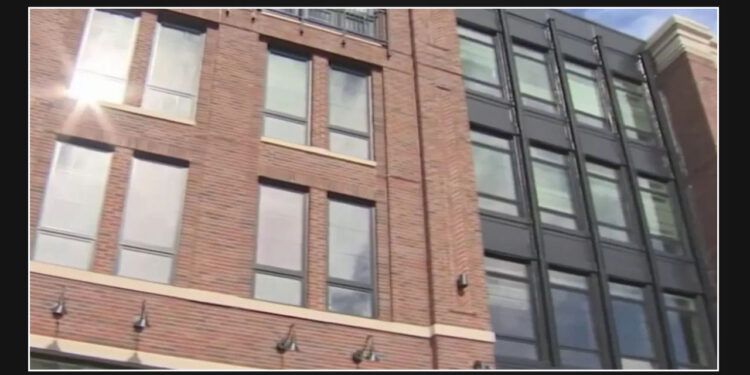On Tuesday, D.C. lawmakers will be voting on a proposed legislation that aims to simplify the process of evicting tenants who have failed to pay rent and, in certain instances, owe substantial amounts, possibly reaching tens of thousands of dollars.
Mayor Muriel Bowser revealed that a significant portion of renters in Washington D.C., approximately 20%, are failing to meet their monthly payment obligations. This non-payment trend has resulted in landlords incurring substantial financial losses, amounting to hundreds of millions of dollars. According to Bowser, the unpaid rent for the year 2024 alone has exceeded $100 million.
Over the past decade, D.C. has made significant investments, totaling hundreds of millions of dollars, in affordable housing initiatives aimed at supporting low-income residents.
During a meeting with D.C. leaders on Monday, Bowser expressed deep concern over a pressing issue. The problem at hand is the potential loss of affordability in housing. According to Bowser, if we fail to address this issue, we risk losing the affordability covenants that are in place. As the slide presented during the meeting indicated, there is currently around a hundred million dollars in unpaid rent to affordable housing providers. If no action is taken, this figure is expected to surge to a hundred and fifty million dollars by next year.
D.C. Council Chair Phil Mendelson has put forward a proposal to eliminate the COVID-era law safeguarding ERAP tenants from eviction.
Affordable housing providers are being hit hard by the crisis, impacting the upkeep of existing affordable projects and hindering the possibility of developing more affordable housing units. The situation has resulted in significant arrearages, some of which have escalated to eviction cases with debts totaling tens of thousands of dollars. While such extreme cases may be outliers, it is staggering to witness instances where tenants owe as much as $70,000 in unpaid rent, according to Mendelson.
Dean Hunter advocates for the rights of small and individual landlords who have expressed their frustration over the challenges they face when it comes to evicting tenants who fail to pay their rent.
Hunter, from the Small Multifamily Owners Association, expressed concern over the detrimental effect this situation has had on the availability of affordable housing in the District of Columbia. He emphasized the urgency of taking proactive measures to prevent a potential disaster.
In the past year, the number of applications for ERAP has more than doubled, according to D.C. leaders.
If the legislation passes, ERAP funding will remain intact. However, tenants will be required to furnish evidence of their financial hardship. Additionally, ERAP will only offer limited protection against eviction for a brief period.
Tenant advocates and supporters of low-income families have raised concerns about the potential consequences of removing COVID protections. They fear that this could lead to a surge in evictions, which would disproportionately affect vulnerable populations. Additionally, they have criticized the lengthy process involved in accessing ERAP assistance, arguing that it creates delays and exacerbates the housing crisis.
“I want to make it clear that our intention is not to advocate for more evictions. On the contrary, our goal is to ensure that people fulfill their responsibility of paying their rent,” stated Bowser.


